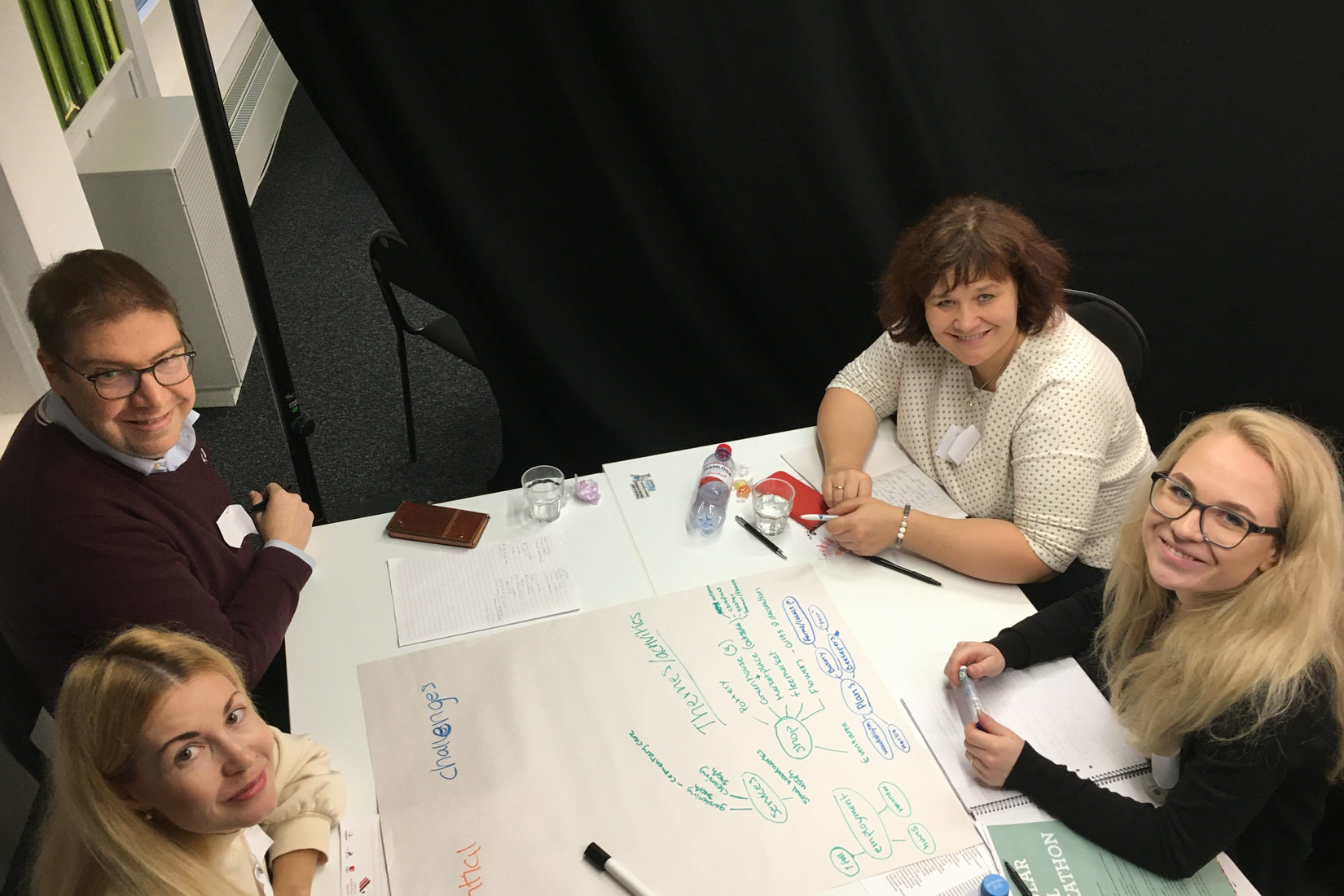Rural companies are facing major changes. Eva Engström at Coompanion Kalmar County and project manager for the CECO project, says many of them want to become pioneers in a circular economy.
– This is a change that is important for several reasons. Much production of goods and natural resources are found in the countryside, as well as many resources that we will need when non-renewable materials are replaced with renewable ones.
To drive the transition towards a circular economy for rural companies in the Baltic Sea region, the CECO project has, among other things, arranged a hackathon for students, entrepreneurs, researchers and officials from Estonia, Finland, Lithuania, Poland, Sweden and Ukraine.
– A hackathon is a method for people with different starting points to think in new directions to solve real problems together.
According to Eva Engström, the “hack”, which took place in Kalmar earlier this year, was very successful. The participants worked in groups, to help four companies develop in a more circular direction.
– The four companies received a number of suggestions on how to develop their businesses to become more circular. They also found new collaborations with each other and got a lot of inspiration and new knowledge on circular economy as well as new perspectives on other countries and other professional groups. Also, the participants developed a lot in multicultural teamwork, Eva Engström says.
– We have learned to use a variant of hackathon that is suitable for this type of challenge. The international dimension, with people from different countries in the Baltic Sea region, also gave us new insights. Despite the fact that we live in a global world, there are still differences between the countries around the Baltic Sea and there is much to learn from each other, in terms of knowledge, ideas and views.
The project was completed early this summer and the follow-up work is currently underway. However, Eva Engström is confident that hackathon as a method will be used more in the future.
– We have already done webinars to spread our experience of the method, both with organizations in our partner countries and with other Coompanion offices in Sweden. We have also presented our experiences at a digital rural fair, so that more people can use the method. Several of the universities that participated in the project are looking at how they can use the method for teaching.
Facts
The project CECO is funded by Swedish Institute through the funding scheme “Seed funding for cooperation projects in the Baltic Sea region”. SI provides funding for joint projects in which organisations based in Sweden can start and expand collaborations to meet transnational challenges together with organisations from the Baltic Sea region countries including Russia and the countries of the EU Eastern Partnership. A new call opens 19 November 2020 and closes 11 February 2021.
